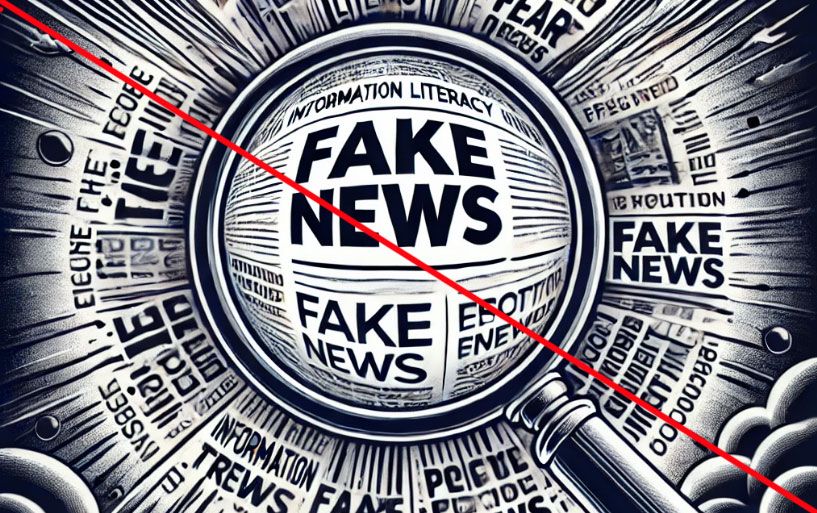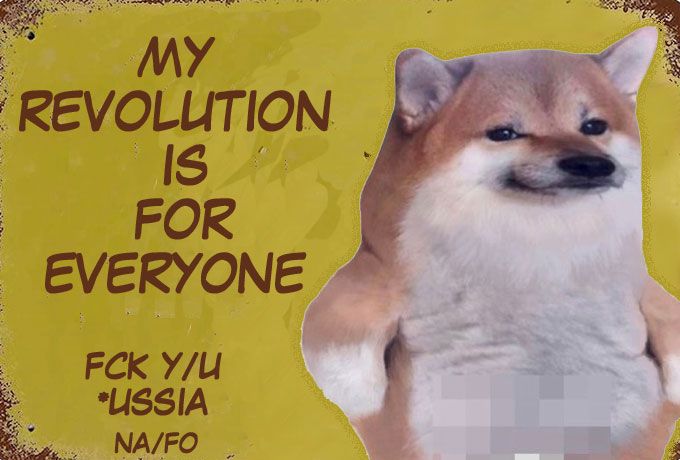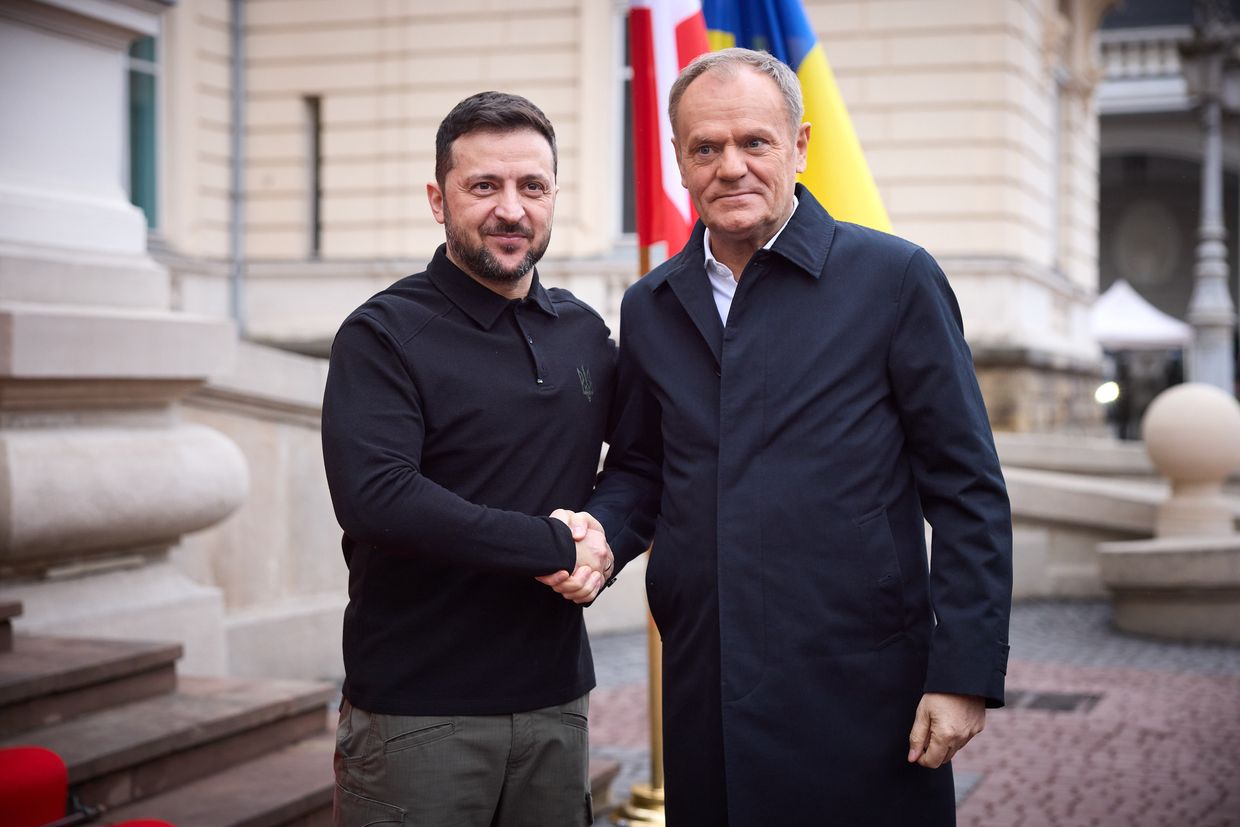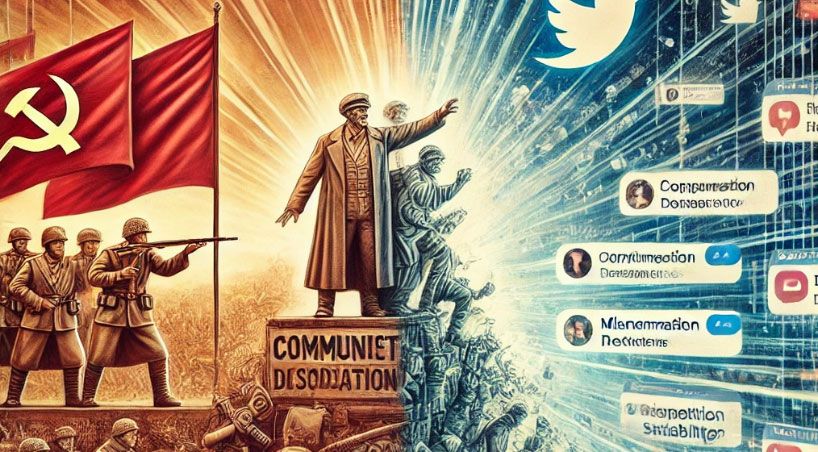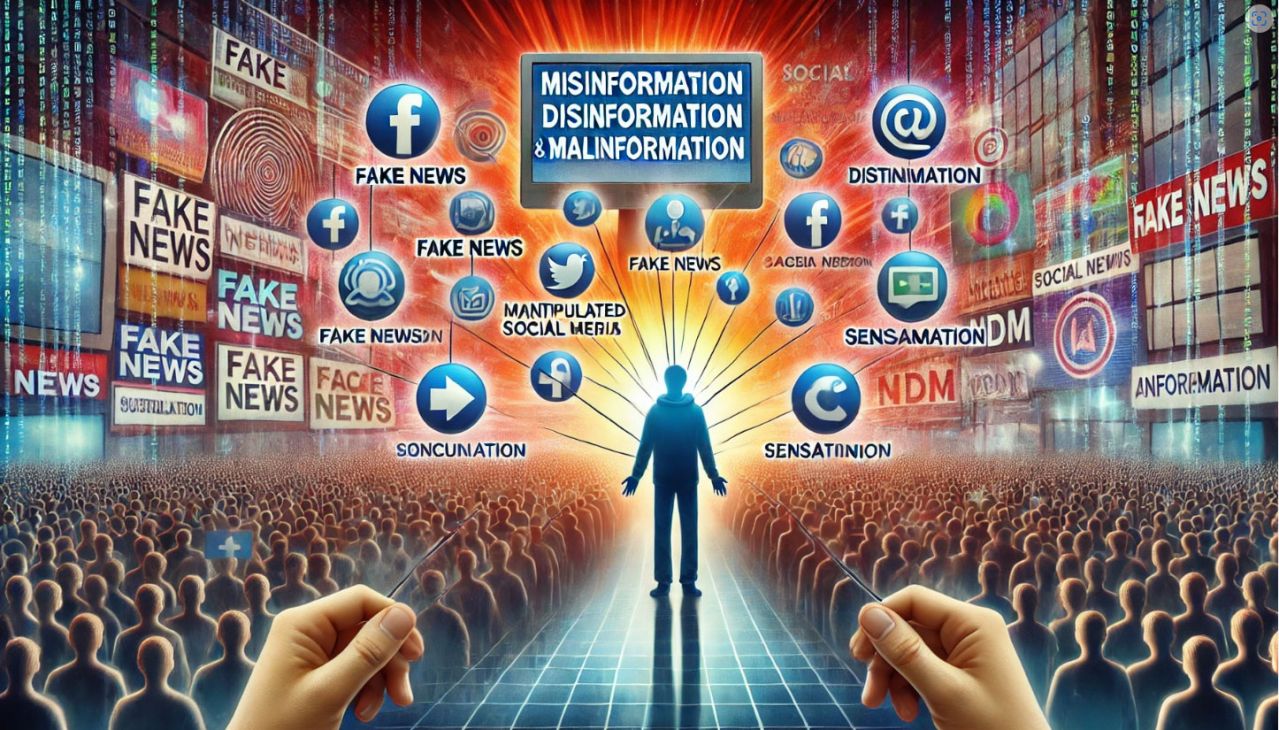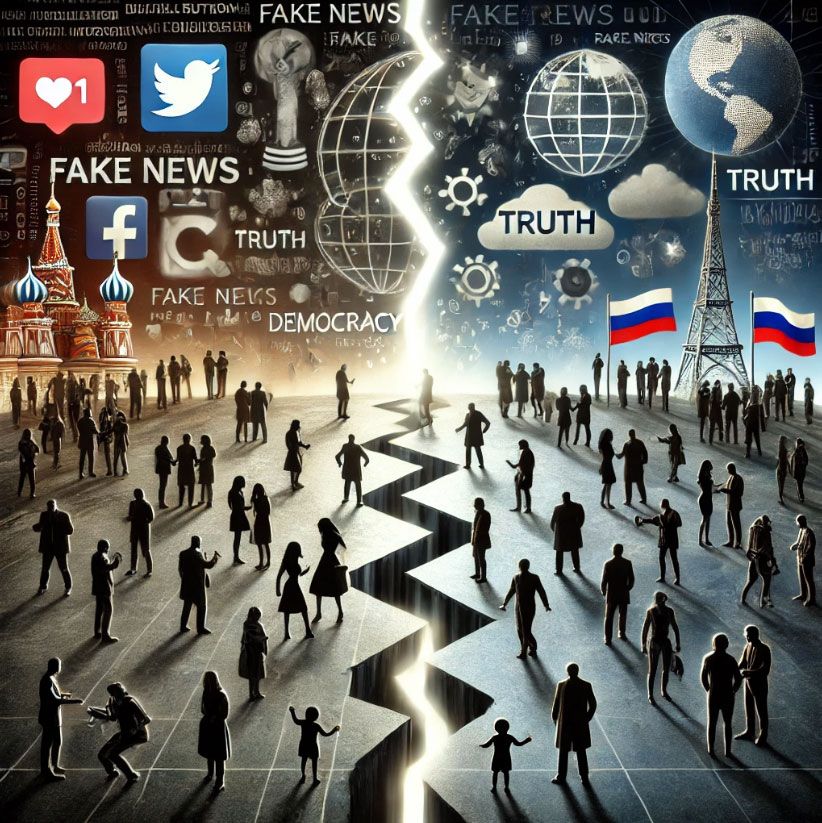The Impact of Disinformation on Society
Disinformation is more than just false information; it is intentionally misleading content designed to sow distrust, fuel division, and destabilize societies.
For example, during the COVID-19 pandemic, false claims about vaccine safety spread rapidly online, leading to widespread vaccine hesitancy, preventable illnesses, and a prolonged global health crisis.
From undermining elections to spreading harmful health misinformation, disinformation erodes public trust in institutions, deepens societal divisions, and weakens democratic processes.
Recent global events have shown how rapidly disinformation can spread and how difficult it can be to contain its impact once it takes root.
Why Nonprofits Are Essential in This Fight
Nonprofits are uniquely positioned to combat disinformation due to their grassroots connections, flexibility, and public trust.
For example, the nonprofit organization First Draft has successfully partnered with newsrooms and social media platforms to provide real-time verification of information during elections and crises, helping to curb the spread of false narratives.
Unlike governments or corporations, nonprofits can operate independently, tailor their approaches to specific communities, and address disinformation in culturally sensitive ways.
They can launch educational campaigns, develop fact-checking initiatives, and create safe spaces for dialogue, fostering resilience against misleading information.
Moreover, nonprofits can bridge the gap between technological solutions and human behavior by promoting critical thinking and digital literacy.
Their commitment to social good makes them trusted allies in the fight against disinformation.
Empowering People with Information Literacy
Combating disinformation requires more than fact-checking—it demands a society equipped with critical thinking skills and media literacy.
Nonprofits can lead this charge by providing workshops, educational materials, and interactive programs that teach individuals how to discern credible sources, recognize manipulation tactics, and responsibly share information.
By fostering a culture of information literacy, nonprofits empower communities to become active participants in safeguarding truth.
This proactive approach builds resilience and reduces the spread of harmful narratives.
The Information War: A New Kind of Battle
We are navigating a complex digital landscape where misinformation spreads through words, images, and videos. Overcoming these challenges requires collective action and collaboration to build a more informed and resilient society.
Equipping everyday people with the tools to recognize and resist disinformation is essential, not just for experts but as a shared responsibility that requires collective societal engagement. Nonprofits play a critical role in mobilizing communities and fostering collective action.
By training people to become vigilant and discerning consumers of information, nonprofits can turn the tide in this struggle.
Call to Action
The fight against disinformation is a fight for the truth—and ignoring it risks allowing falsehoods to erode our democracy, divide communities, and threaten public safety.
Everyone has a critical role to play in protecting the integrity of information.
Supporting nonprofits dedicated to media literacy, fact-checking, and public education is a powerful step toward building a more informed and resilient society.
Individuals can start by:
- Engaging with and supporting nonprofits working on disinformation issues.
- Participating in media literacy workshops and programs.
- Practicing critical thinking and verifying information before sharing.
Nonprofits are not just organizations; they are catalysts for change. As we work to establish our own nonprofit dedicated to this cause, we recognize the urgent need for collective action.
We invite you to stand with us and support efforts to combat disinformation.
Together, we can protect truth, democracy, and societal trust.
The time to act is not tomorrow or next week—it’s now.


